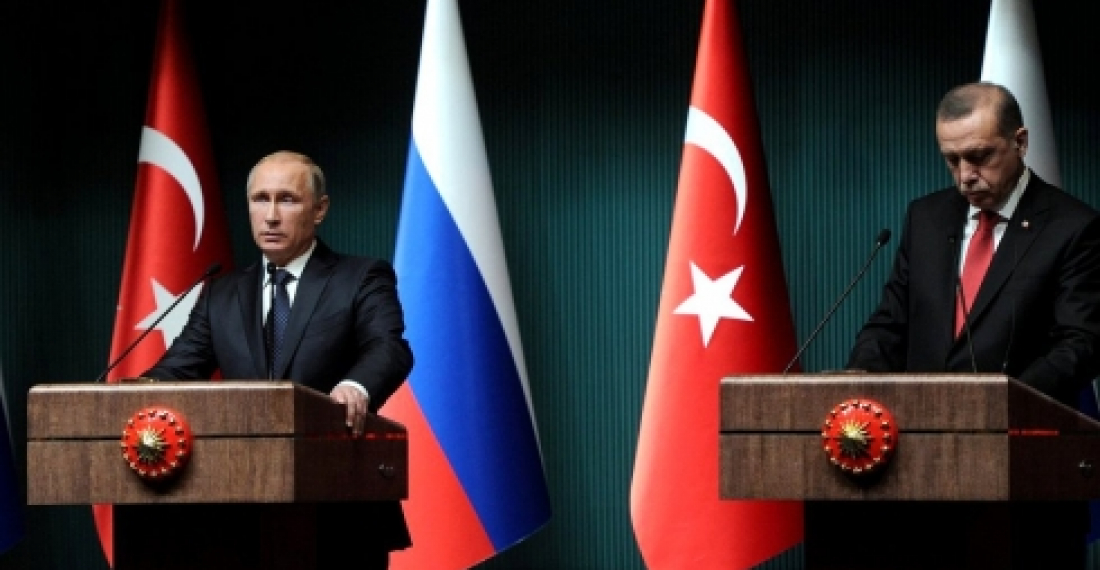Turkish police have arrested a man who is alleged to have killed a Russian pilot on the Syria-Turkey border last year, while Turkey’s president said the two countries must resume cooperation following the incident.
Alparslan Celik, and 13 others alleged recent arrivals from Syria, were detained at a restaurant in Izmir.
He is accused of killing Oleg Peshkov, the pilot of a Sukhoi Su-24 bomber, which was shot down by the Turkish air force in November.
"This person has been detained indeed. We cannot disclose the details of the reasons and circumstances of this (detention)," a source told the TASS news agency.
Dmitry Peskov, press secretary for the Russian president, responding to reporters at a news conference in Moscow, expressed confidence that the killers of Oleg Peshkov will face justice.
Speaking in Washington DC earlier this week, Turkish president Recep Erdogan expressed hope that relations will Russia will improve.
“After November 24, relations between Ankara and Moscow are experiencing a difficult period,” said Turkish president Recep Erdogan at the Brookings Institution in Washington DC earier this week.
However, regional problems such as the ongoing wars in Syria and Ukraine, mean it is essential to resume cooperation, he said.
SOURCE: commonspace.eu and agencies






